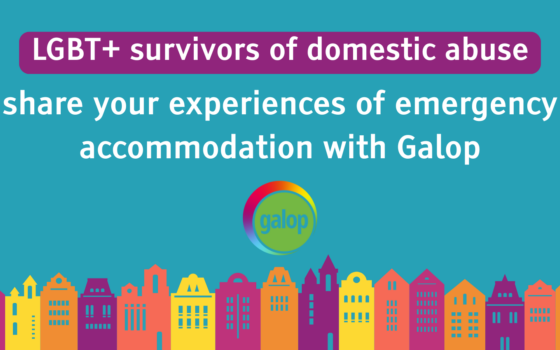RISE welcomes this landmark treaty recognising violence against women as a violation of human rights and a form of discrimination against women. It will establish standards to ensure women’s right to be free from violence and we look forward to that framework guiding real change.
It’s been a long time coming and is rooted in the Council of Europe’s efforts to prevent violence against women and domestic violence over the last thirty years. Since the first signatures by Austria, Finland, France, Germany, Greece, Iceland, Luxembourg, Montenegro, Portugal, Slovak Republic, Spain, Sweden and Turkey in 2011, 34 member states of the Council of Europe have approved the Convention, which means they must adopt measures to fulfil their commitment preventing and combating violence against women and domestic violence.
The Convention is wide ranging and establishes the four “Ps”.
Preventing violence against women
Protecting victims,
Prosecuting perpetrators
Implementing related comprehensive and coordinated policies.
It specifies several forms of gender-based violence against women that are to be criminalised or otherwise become punishable in law. These are:
psychological violence
stalking
physical violence
sexual violence (including rape)
forced marriage
female genital mutilation
forced abortion
forced sterilisation
sexual harassment
It also challenges notions of ‘honour-based’ violence, meaning that culture, custom, religion, or tradition will not be accepted as justification for any of the acts of violence.
The Convention also covers domestic violence, which it describes as, ‘including all acts of physical, sexual, psychological or economic violence that occur within the family or domestic unit or between former or current spouses or partners, whether or not the perpetrator shares or has shared the same residence with the victim.’
This matters because it means that ‘the circumstances in which the offence was committed’ - ie, in what should be the safety of a home or the loving support of a relationship - are taken into account. Effectively, this says a betrayal of trust matters.
All family members and domestic relationships are included, whether married or not, same or opposite sex and so on - the Convention lifts itself above national laws which may not recognise, for example, same sex relationships.
Under the convention, the use of the term “gender” aims to acknowledge that there are harmful attitudes and perceptions about what women are supposed to do and be and that these play a role in the continuation of violence against women.
They say that this terminology does not replace the biological definition of “sex”, nor those of “women” and “men”, but aims to stress that inequalities, stereotypes and violence do not originate from biological differences, but from harmful preconceptions about women’s attributes or roles that limit their agency.
Jo Gough, RISE CEO says,
“After too many years of waiting, we are glad to see this gold standard approach to violence against women and girls be ratified by our government and look forward to the essential improvements it will bring to the UK.
RISE continues to be concerned that the UK does not provide sufficient support for migrant victims as it is intending to reserve ‘article 59’ - the specific provisions for refugee and migrant women and girls. This reservation must be removed to ensure the equal protection of all survivors regardless of their immigration status.”
After giving their formal consent, governments must act. It’s not enough to have signed up, actions are legally required to follow.
Each government, including the UK, will be monitored to make sure these changes happen properly. We understand that the Convention can only be formally consented to by any government in its entirety - it’s not possible to pick and choose sections. Therefore intending to ‘reserve’ or exclude certain provisions is not possible, so we expect this to be picked up as part of the ongoing monitoring of implementation.
In our work at RISE, it can feel as though the challenge of violence against women and girls is never-ending. It is therefore heartening to see that the Convention is driving success. We look forward to seeing this in action in our local area and across the UK.
If you would like to support RISE we would love your support. You can get involved in a number of - from applying to work with us or volunteering, fundraising or donating. Explore the options here.

